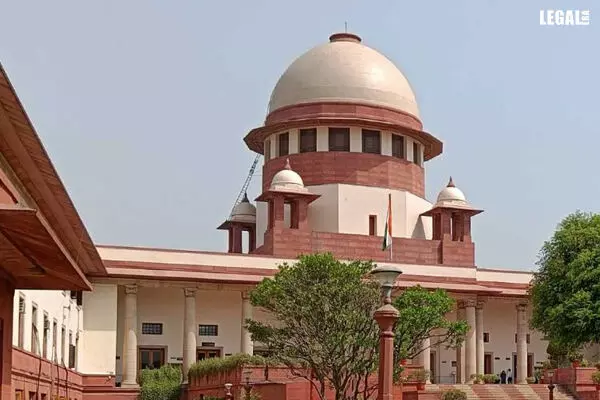- Home
- News
- Articles+
- Aerospace
- Artificial Intelligence
- Agriculture
- Alternate Dispute Resolution
- Arbitration & Mediation
- Banking and Finance
- Bankruptcy
- Book Review
- Bribery & Corruption
- Commercial Litigation
- Competition Law
- Conference Reports
- Consumer Products
- Contract
- Corporate Governance
- Corporate Law
- Covid-19
- Cryptocurrency
- Cybersecurity
- Data Protection
- Defence
- Digital Economy
- E-commerce
- Employment Law
- Energy and Natural Resources
- Entertainment and Sports Law
- Environmental Law
- Environmental, Social, and Governance
- Foreign Direct Investment
- Food and Beverage
- Gaming
- Health Care
- IBC Diaries
- In Focus
- Inclusion & Diversity
- Insurance Law
- Intellectual Property
- International Law
- IP & Tech Era
- Know the Law
- Labour Laws
- Law & Policy and Regulation
- Litigation
- Litigation Funding
- Manufacturing
- Mergers & Acquisitions
- NFTs
- Privacy
- Private Equity
- Project Finance
- Real Estate
- Risk and Compliance
- Student Corner
- Take On Board
- Tax
- Technology Media and Telecom
- Tributes
- Viewpoint
- Zoom In
- Law Firms
- In-House
- Rankings
- E-Magazine
- Legal Era TV
- Events
- Middle East
- Africa
- News
- Articles
- Aerospace
- Artificial Intelligence
- Agriculture
- Alternate Dispute Resolution
- Arbitration & Mediation
- Banking and Finance
- Bankruptcy
- Book Review
- Bribery & Corruption
- Commercial Litigation
- Competition Law
- Conference Reports
- Consumer Products
- Contract
- Corporate Governance
- Corporate Law
- Covid-19
- Cryptocurrency
- Cybersecurity
- Data Protection
- Defence
- Digital Economy
- E-commerce
- Employment Law
- Energy and Natural Resources
- Entertainment and Sports Law
- Environmental Law
- Environmental, Social, and Governance
- Foreign Direct Investment
- Food and Beverage
- Gaming
- Health Care
- IBC Diaries
- In Focus
- Inclusion & Diversity
- Insurance Law
- Intellectual Property
- International Law
- IP & Tech Era
- Know the Law
- Labour Laws
- Law & Policy and Regulation
- Litigation
- Litigation Funding
- Manufacturing
- Mergers & Acquisitions
- NFTs
- Privacy
- Private Equity
- Project Finance
- Real Estate
- Risk and Compliance
- Student Corner
- Take On Board
- Tax
- Technology Media and Telecom
- Tributes
- Viewpoint
- Zoom In
- Law Firms
- In-House
- Rankings
- E-Magazine
- Legal Era TV
- Events
- Middle East
- Africa
Supreme Court Takes Up Petition against Oppressive Enrolment Fees for New Law Graduates

Supreme Court Takes Up Petition against Oppressive Enrolment Fees for New Law Graduates
The Supreme Court of India issued a notice on April 10 regarding a plea that seeks the quashing of excessively high enrolment fees charged by state bar councils from new law graduates. The petitioner argued that the exorbitant and varying fees charged by different state bar councils are in violation of Section 24(1) of the Advocates Act of 1961.
According to the petitioner, the enrolment fees are burdensome and oppressive for new law graduates, particularly those with limited financial resources. Furthermore, the petitioner argued that the high fees act as a barrier for many individuals from disadvantaged backgrounds who aspire to pursue a legal education and become advocates.
A bench consisting of Chief Justice of India D.Y. Chandrachud and Justices P.S. Narasimha and J.B. Pardiwala has deemed this issue to be significant and has sought a response from the Union of India, the Bar Council of India, and the State Bar Councils.
The petitioner pointed out that the enrolment fees vary significantly across different states. For instance, in Odisha, the fee amounts to ₹42,100, while in Gujarat, it is ₹25,000. In Uttarakhand, the amount of fee is ₹23,650, while in Jharkhand, it is ₹21,460. And, in Kerala, the enrolment fee is ₹20,000.
In a recent decision, while upholding the All India Bar Examination, the Supreme Court directed the Bar Council to ensure that enrollment fees do not become overly burdensome for advocates.



